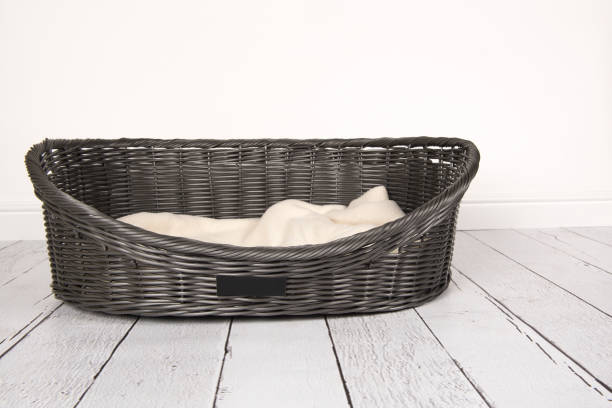Protecting Your Pack: Family Health Threats of Cat Litter Boxes.
Protecting Your Pack: Family Health Threats of Cat Litter Boxes.
Blog Article

Feline owners are no strangers to the daily task of scooping out their furry good friend's litter box. It's a regular task that's frequently overlooked, yet important for maintaining a tidy and healthy environment for both felines and their human companions. However, what numerous family pet owners may not recognize is that there are hidden health dangers related to the litter box that can position threats to both humans and cats alike. From breathing issues to parasitic infections, the litter box can harbor a variety of threats that require cautious attention and management.
Among the most common health risks connected with the litter box is breathing issues. Cat litter, particularly clay-based ranges, can consist of fine dust particles that become air-borne when interrupted during scooping or when cats dig in the litter. These dust particles can be inhaled by both felines and human beings, leading to respiratory inflammation and worsening conditions such as asthma or allergic reactions. In some cases, prolonged exposure to litter dust can even trigger more extreme breathing problems in both cats and their owners.
To reduce breathing threats, it's necessary to choose low-dust or dust-free litter options and to scoop the litter box in a well-ventilated area. Using a dust mask while cleaning up the litter box can likewise assist reduce exposure to airborne particles, particularly for individuals with respiratory level of sensitivities.
Another significant health risk connected with the litter box is the potential for parasitic infections, particularly from Toxoplasma gondii, a common parasite found in cat feces. While a lot of healthy people might not experience signs if contaminated, pregnant ladies and people with weakened immune systems are at higher danger of Covered Litter Boxes developing serious problems, including birth problems and neurological disorders.
To reduce the danger of parasitic infections, pregnant women ought to avoid cleaning the litter box altogether and entrust this job to another family member. In addition, all individuals ought to practice good hygiene routines, consisting of cleaning hands thoroughly after dealing cat litter box with the litter box or entering contact with cat feces, to lower the threat of transmission.
Lots of industrial cat litters contain chemicals and ingredients that can present health dangers to both cats and human beings. For instance, some aromatic litters may contain scents or necessary oils that can aggravate sensitive respiratory systems or activate allergies. Furthermore, clumping litters often consist of salt bentonite, a clay material that can expand when consumed, leading to gastrointestinal clogs if consumed by felines.
To lessen chemical exposure, go with odorless or naturally-scented litters made from naturally degradable materials such as paper, wood, or plant-based options. These environmentally friendly options are not just much safer for your feline's health but also much better for the environment.
The litter box environment offers a perfect breeding place for bacteria, consisting of possibly harmful pathogens such as E. coli and Salmonella. These germs can pollute the litter box and surrounding locations, increasing the risk of infection for both felines and people. Cats can contract bacterial infections through direct contact with polluted litter or by ingesting feces throughout grooming, while people can end up being infected through contact with contaminated surface areas or improperly cleaned hands.
To reduce the threat of bacterial contamination, it's important to clean up the litter box routinely utilizing warm water and moderate detergent, along with to sanitize the surrounding location to prevent the spread of germs. Additionally, practicing excellent hand hygiene, consisting cat litter box self cleaning of cleaning hands thoroughly after managing the litter box or entering into contact with cat feces, can assist lessen the risk of bacterial transmission.
While the litter box might look like an ordinary aspect of feline ownership, it's essential to recognize the possible health risks connected with this seemingly harmless fixture. From respiratory problems to parasitic infections and bacterial contamination, the litter box can harbor a range of dangers that need careful attention and management. By taking proactive steps to decrease exposure to these dangers, feline owners can create a much safer and much healthier environment for both their feline buddies and themselves.